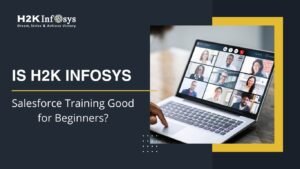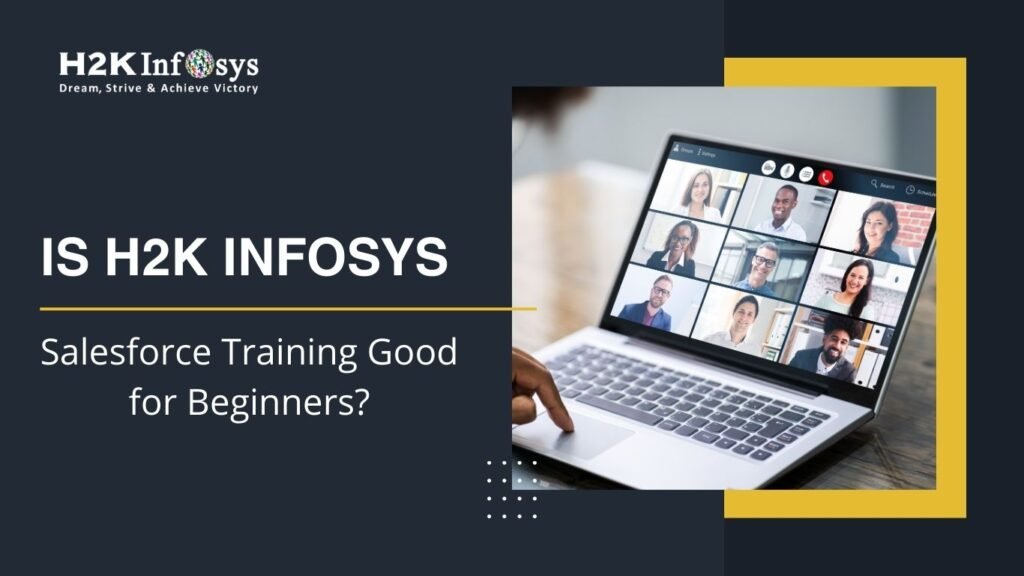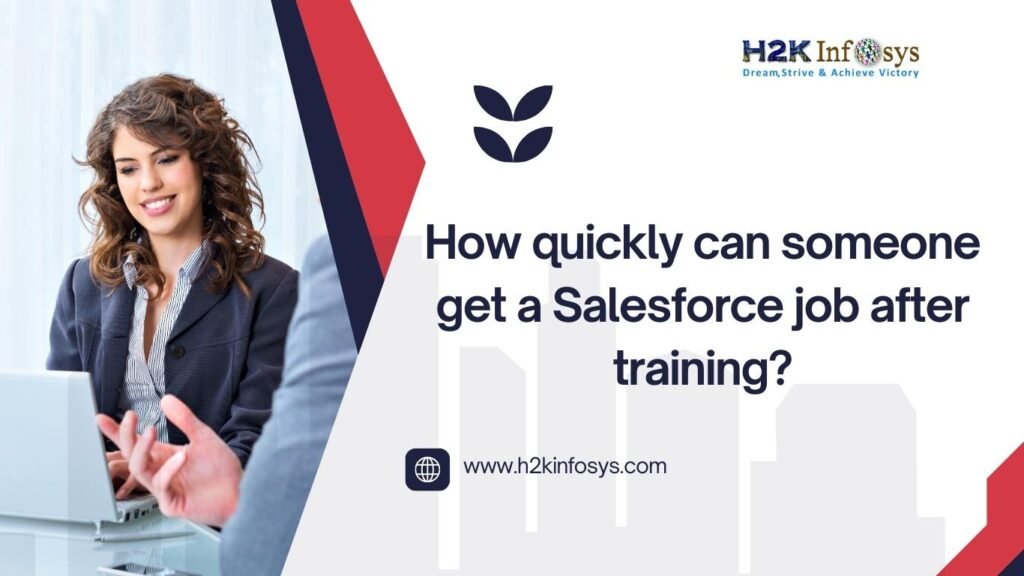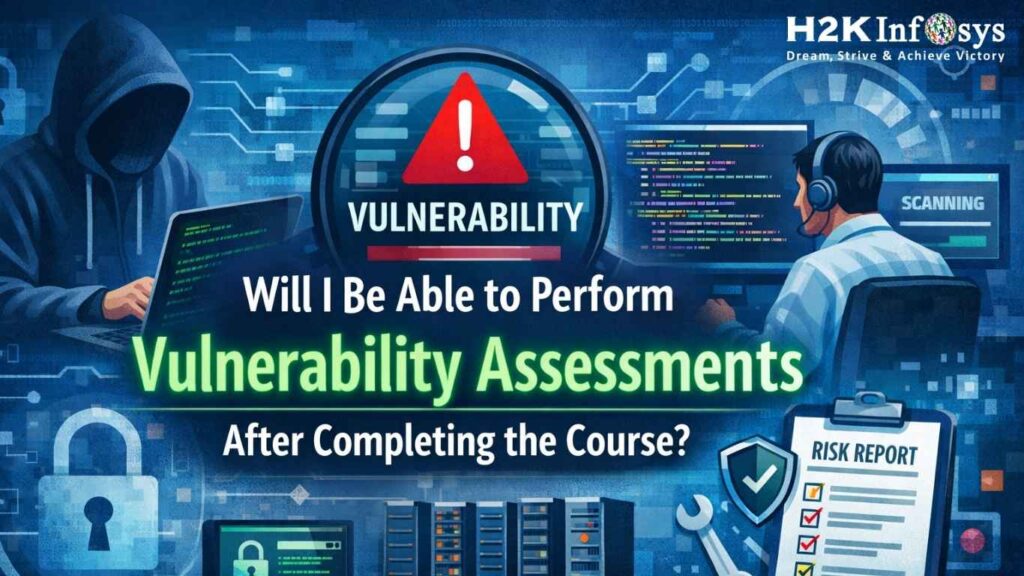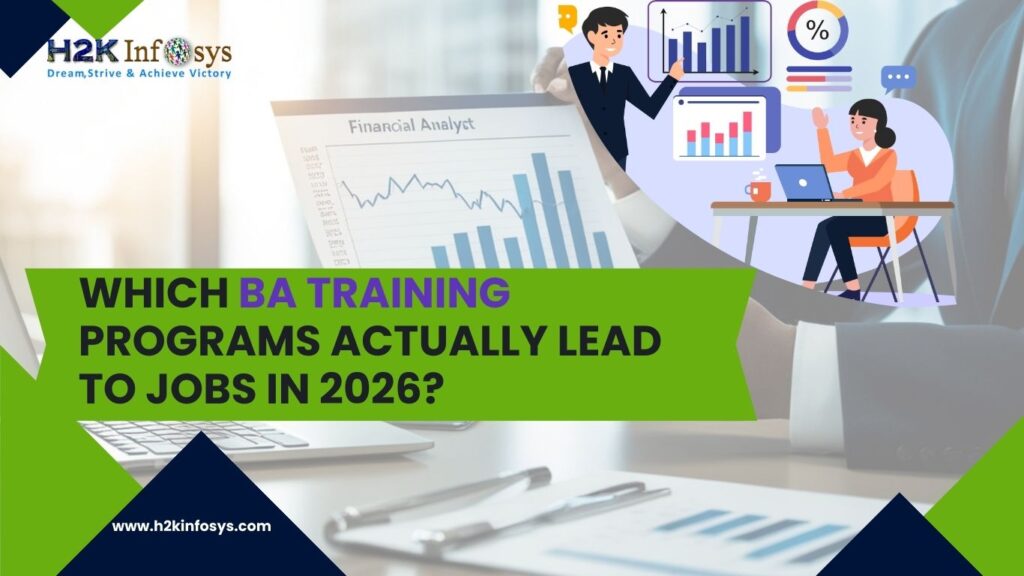Introduction: Why Become a Salesforce Consultant?
Are you passionate about technology and eager to help businesses transform digitally? If so, becoming a Salesforce Consultant could be your ideal career path. With over 150,000 companies using Salesforce globally and demand for certified professionals on the rise, now is the perfect time to dive in. This role is not just about knowing a CRM it’s about solving real-world problems, enhancing customer experience, and optimizing business processes. Whether you’re new to Salesforce or looking to transition into consulting, this guide will walk you through every step.
What is a Salesforce Consultant?
A Salesforce Consultant is a professional who helps businesses implement, customize, and optimize Salesforce platforms to meet specific organizational needs. They work closely with stakeholders, project managers, developers, and end-users to deliver tailored Salesforce solutions.
Key Responsibilities:
- Analyzing business requirements
- Designing and implementing Salesforce solutions
- Conducting user training
- Offering support and maintenance
- Recommending process improvements
- Documenting processes and change requirements
- Managing timelines and deliverables
Salesforce Consultants can work independently, as part of an in-house team, or within a consulting agency. Their primary goal is to ensure that the client’s Salesforce implementation aligns with business objectives.
Step 1: Understand the Salesforce Ecosystem
Before becoming a Salesforce Consultant, you must understand what Salesforce offers. The ecosystem includes various products like:
- Sales Cloud – for sales automation
- Service Cloud – for customer support
- Marketing Cloud – for marketing automation
- Commerce Cloud – for e-commerce
- Tableau – for data visualization
- MuleSoft – for application integration
- Slack – for collaborative communication
Getting familiar with these products helps you choose a specialization that aligns with your interests and career goals. Each cloud caters to different business functions, and your consulting role will vary depending on your chosen path.
Step 2: Enroll in Salesforce Online Training
If you’re starting from scratch, enrolling in Salesforce online training is essential. Reputed platforms like H2KInfosys offer comprehensive programs tailored for beginners and advanced learners. These courses help you build a strong foundation in Salesforce admin and development skills.
Benefits of Salesforce Online Training:
- Learn at your own pace
- Access real-world projects
- Hands-on labs and sandbox environments
- Mentorship from certified instructors
- Get exposure to the Salesforce AppExchange and partner ecosystem
- Flexible batch timings suitable for working professionals
Salesforce online training will also help you understand cloud computing basics, CRM concepts, and how Salesforce fits into the modern IT landscape.
Step 3: Complete Salesforce Certification Courses
To stand out as a Salesforce Consultant, earning certifications is crucial. These credentials validate your skills and boost your credibility.
Recommended Certifications:
- Salesforce Certified Administrator
- Salesforce Certified Platform App Builder
- Salesforce Certified Sales Cloud Consultant
- Salesforce Certified Service Cloud Consultant
- Salesforce Certified Advanced Administrator
- Salesforce Certified Platform Developer I and II
Each certification focuses on specific areas of the Salesforce platform. Starting with the Admin certification is ideal for beginners and sets the stage for more advanced paths.
Step 4: Join Salesforce Training Classes for Hands-On Experienc
Theory is important, but practical knowledge is what makes a true Salesforce Consultant. Enroll in Salesforce training classes that focus on live projects, case studies, and interactive exercises. This kind of training will:
- Enhance your problem-solving abilities
- Improve communication and presentation skills
- Prepare you for client-facing roles
- Familiarize you with Salesforce’s declarative and programmatic tools
- Build your confidence in working with real-world data
Step 5: Specialize in a Salesforce Domain
Once you’ve mastered the basics, decide on a specialization based on your interests and job market trends.
Popular Specializations:
- Salesforce Sales Cloud Consultant
- Salesforce Marketing Cloud Consultant
- Salesforce CPQ Specialist
- Salesforce Field Service Consultant
- Salesforce Education Cloud Consultant
- Salesforce Nonprofit Cloud Consultant
- Salesforce Technical Architect
Specialization allows you to dive deep into one domain and become the go-to expert for that field. Niche expertise enhances your value proposition to employers and clients.
Step 6: Gain Real-World Experience
Experience plays a huge role in your journey to becoming a Salesforce Consultant. Here’s how you can gain it:
- Internships with companies using Salesforce
- Freelance Salesforce projects on Upwork or Fiverr
- Contribute to non-profit organizations via Salesforce’s Power of Us program
- Volunteer to implement Salesforce in small businesses or startups
- Participate in Trailhead Superbadges and Trailblazer Community Challenges
Every practical experience enriches your resume and strengthens your consulting abilities.
Step 7: Leverage Salesforce Admin Training and Placement Programs
Enroll in Salesforce admin training and placement programs to get job-ready. Platforms like H2KInfosys not only train you in technical skills but also assist with mock interviews, resume building, and job placement support.
What You’ll Learn:
- CRM configuration
- Workflow automation
- Data management
- User access and security settings
- Reports and dashboards
- Approval processes and flows
These skills are vital to becoming a dependable Salesforce Consultant who can manage projects end-to-end.
Step 8: Build a Strong Portfolio and Resume
Recruiters want to see proof of your capabilities. Build a portfolio that showcases:
- Real-world project involvement
- Custom dashboards and reports you’ve created
- Workflow rules and validation rules
- Apex and Visualforce code samples (if applicable)
- Integration experience with third-party tools (e.g., Mailchimp, QuickBooks)
Highlight your contributions and the value you added in each case. This makes your Salesforce Consultant profile much more attractive to potential employers.
Step 9: Prepare for Salesforce Consultant Job Interviews
Interviewers often test both technical knowledge and soft skills. Prepare yourself for:
- Scenario-based questions
- Use-case implementation examples
- Communication and client-handling simulations
Common Questions:
- How do you handle client requirements that conflict with Salesforce limitations?
- Describe a time you optimized a workflow or automated a task.
- What approach do you take to gather and document requirements?
- How do you ensure user adoption during Salesforce implementation?
Step 10: Stay Updated and Network with the Salesforce Community
The Salesforce ecosystem evolves rapidly. Join online communities, attend webinars, and read blogs to stay updated.
Resources to Explore:
- Trailhead (Salesforce’s own learning platform)
- Salesforce Saturdays (local meetups)
- Salesforce User Groups and forums
- LinkedIn Groups dedicated to Salesforce professionals
- Conferences like Dreamforce and TrailblazerDX
Networking also opens doors to job opportunities and peer support, both of which are invaluable for any Salesforce Consultant.
Real-World Example: From Learner to Salesforce Consultant
Meet Priya, a former business analyst who enrolled in Salesforce training online at H2KInfosys. Within six months, she earned her certifications, gained hands-on experience, and landed a role as a Salesforce Consultant at a fintech company in Chicago. Her journey highlights how structured learning and focused effort can lead to a high-paying, fulfilling career.
Similarly, Raj, a computer science graduate, started his journey with zero CRM knowledge. With structured training and mentoring, he became a Senior Salesforce Consultant in just two years. These examples show how accessible and achievable this path is with dedication.
The Growing Demand for Salesforce Consultants
According to IDC, the Salesforce economy will create over 9 million new jobs by 2026. As more companies embrace digital transformation, the need for skilled Salesforce Consultants is only going to grow. This demand translates into excellent salaries, remote work options, and career flexibility.
Industry Trends:
- Increased demand for cross-cloud expertise
- Rise of Salesforce in healthcare and finance sectors
- Integration with AI and automation tools
Skills Every Salesforce Consultant Should Have
Beyond technical knowledge, here are must-have skills:
- Business Analysis
- Project Management
- Effective Communication
- Problem-Solving
- Client Management
- Time Management
- Agile/Scrum Methodologies
Honing these skills ensures you deliver impactful Salesforce solutions and maintain long-term client relationships.
Tools You’ll Use as a Salesforce Consultant
- Salesforce Lightning
- Apex Programming Language
- Visualforce
- Data Loader and Workbench
- JIRA or Trello (for project tracking)
- Slack for team collaboration
- Docusign, Conga Composer for document automation
Familiarity with these tools is essential for daily consulting tasks and client implementations.
Career Path of a Salesforce Consultant
Here’s a typical career ladder:
- Salesforce Administrator
- Junior Salesforce Consultant
- Salesforce Consultant
- Senior Consultant or Project Lead
- Salesforce Architect or Practice Head
- Salesforce Program Manager or Director
With continuous learning and certifications, a Salesforce Consultant can progress quickly to leadership roles, mentoring juniors and driving enterprise-wide transformations.
Why Choose H2KInfosys for Salesforce Training?
H2KInfosys offers:
- Expert-led Salesforce training classes
- Career-focused salesforce certification training
- Hands-on projects and live examples
- Complete salesforce admin course with job placement assistance
- Flexible scheduling for professionals
- Resume-building and interview preparation support
Our Salesforce training courses are designed for learners at all stages. Whether you’re a fresh graduate or an IT professional looking to upskill, we provide all the resources to help you succeed as a Salesforce Consultant.
Conclusion: Your Future as a Salesforce Consultant Starts Now
A rewarding career as a Salesforce Consultant is within your reach. With the right training, certifications, and mindset, you can build a future that’s both impactful and lucrative.
Take the first step today enroll in H2KInfosys’ Salesforce courses and launch your consulting career with confidence.in certification training program will help you tap into the opportunities in the field. There are several salesforce training programs available online. Enrolling for these salesforce online training programs will help you acquire the knowledge, skills, and certifications needed to become a salesforce consultant and specialist.









